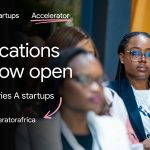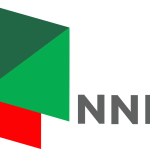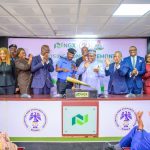General
Stanbic IBTC: Impacting Communities Through CSI, Employee Volunteerism
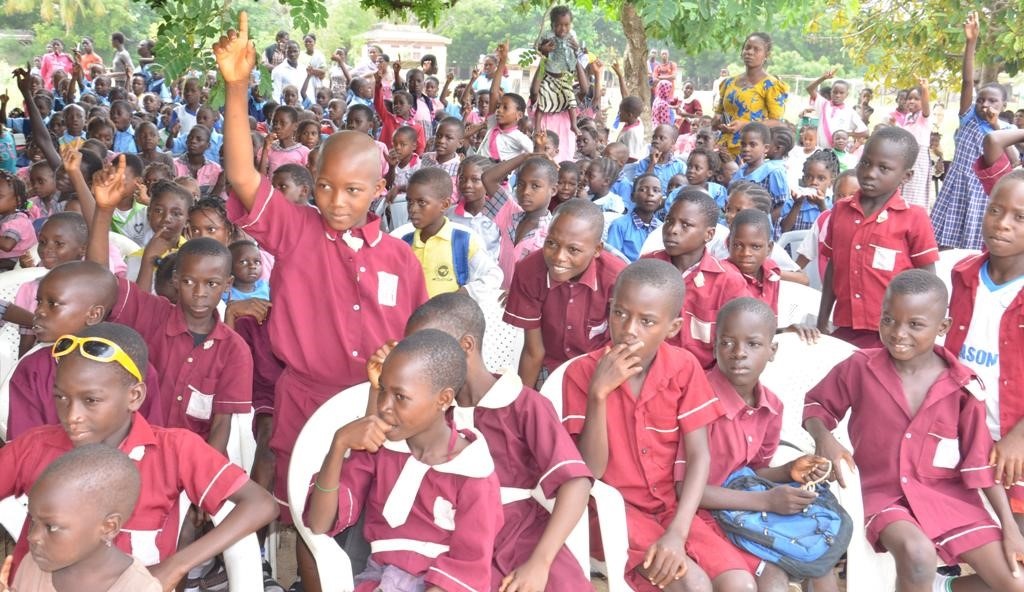
Global climate change affects countries differently. The negative consequences such as flooding are usually more pronounced in developing countries. Poor urban planning, population growth and poor regional cooperation in the use of natural resources such as rivers and lakes are also factors that contribute to incidences of flooding, for instance, in Nigeria.
The National Emergency Management Agency (NEMA) in 2018 earmarked 12 states as frontline states to be affected by flooding in that year and by September 2018, a national disaster had been declared in the four worst affected states while the others were flagged under red alert.
In one of its reports in 2018, NEMA revealed that 327,052 people were directly affected in the 12 flooded states of which 77,460 were displaced. There were 70 recorded cases of loss of life and 151 injuries. Displaced individuals also faced a higher risk of contracting diseases such as malaria and cholera on account of living in makeshift/temporary shelters and poor water supply.
Along with the efforts of the federal and state governments, succour came to the victims of the 2018 floods in the form of support from notable corporate organizations who responded as part of their corporate social responsibility initiatives.
One of such organizations was Stanbic IBTC Holdings which made a timely intervention to ameliorate the plight of the flood victims. The institution donated relief materials to victims in five of the affected states namely Jigawa, Katsina, Delta, Rivers and Ogun states.
Upon selecting the states that would benefit from the relief materials, Stanbic IBTC immediately deployed staff on ground in these states/regions to conduct thorough impact assessments of the affected locations as well as living conditions in the relief shelters. Major considerations included; food, potable water, health/hygiene and comfort. The institution also identified and partnered with relief agencies in the respective locations.
Therefore in meeting the need for potable water for instance, boreholes were provided in shelters for which potable water was lacking; a major boost to the prevention of water borne diseases such as cholera and diarrhea. In addition, ample supply of water also fosters the attainment and maintenance of better hygiene levels.
For the comfort of the victims, Stanbic IBTC provided mattresses with blankets and bed sheets, treated mosquito nets were also provided to prevent the scourge of malaria. The financial institutions also provided soaps and detergents among other essentials.
For the displaced victims, for many of whose sources of livelihoods had either been completely damaged or destroyed, adequate feeding was a major issue. For these non-perishable food items (in packets, tins, etc) were provided and distributed.
For Stanbic IBTC, Corporate Social Investment is ingrained in its corporate philosophy and DNA, it says it’s just as critical as adhering to the highest corporate governance principles. It is viewed as part of its business operations.
This partly explains why its flagship CSI initiative, tagged Together for a limb checks all the boxes on novelty, innovativeness and multidimensional approach to transforming the lives of indigent children who have suffered limb loss(es). Beneficiaries are offered prostheses and educational trust funds of N1.5m each. They are thus provided quality education along with the improved quality of life that the prostheses provision engenders.
The beneficiaries being young growing children also get a replacement of their prostheses as they grow and as required until they turn 18 years of age. Therefore the beneficiaries receive regular health checks as their usage of the prostheses is monitored and additionally get a comprehensive medical check every time replacement prostheses are to be fitted.
Stanbic IBTC goes further to bring attention to the plight of citizens with limb losses through an annual charity walk that is incorporated in its annual events calendar. In fact, the launch of the Together for a limb initiative in December 2015 was preceded by the charity walk on November 14 of that same year and the charity walk has been held every year ever since, usually preceding the unveiling of beneficiaries for the year to further raise public awareness for the cause. So far, 20 young Nigerians have benefitted from this initiative.
As its tagline, “Moving Forward” suggests, the organization has a desire for a nation with prosperous citizens but also understands that beyond corporate CSI, a lot more mileage will also be covered by the active involvement of individuals. Therefore it has encouraged and actively promoted a staff volunteer scheme for all its employees.
Volunteering enables individuals to connect better with their communities to make them better places while offering a lot of benefits to the volunteers themselves. Expert opinions that outline the many benefits of volunteering are replete in health and business journals.
According to the Chief Executive, Stanbic IBTC Holdings, Mr Yinka Sanni, the staff CSI and volunteer scheme has seen staff contribute and invest over N100 million towards various charitable courses that cover health, education and economic empowerment, which are the core CSI pillars of Stanbic IBTC.
Employees with similar interests are encouraged form groups and raise funds to address respective causes that each group has identified with. Consequently, the staff volunteer scheme has donated classrooms, libraries, health facilities, boreholes and other social interventions over time across Nigeria.
Along with carrying out its core business operations, Stanbic IBTC has consistently promoted deliberate social investment programmes to improve the lot of individuals and communities across Nigeria. Its 360 approach which has birthed the employee volunteer scheme is further extending the frontiers of and giving a new meaning to CSI in Nigeria.
General
NNPC, Chinese Firm in Talks over Nigeria’s Moribund Refineries
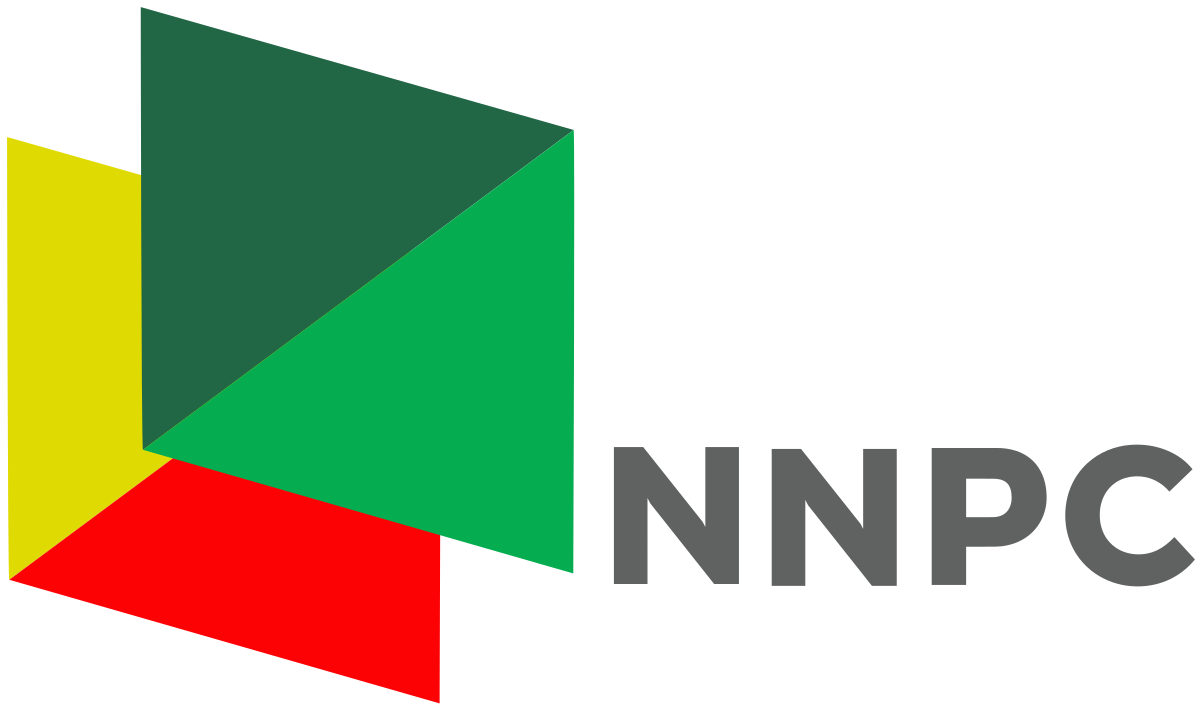
By Adedapo Adesanya
The Nigerian National Petroleum Company (NNPC) Limited is in talks with a Chinese company over one of the state-owned oil firm’s refineries, the chief executive of the state oil company, Mr Bashir Bayo Ojulari, said.
He said the company was seeking experienced operators as equity partners to revive its four refineries after years of losses and underperformance.
The NNPC chief said an internal review carried out shortly after assuming his role last April showed the refineries were running at huge losses, with high operating costs and heavy spending on contractors while processing volumes remained low.
Mr Ojulari said that the board of the state oil company has approved a strategy to bring in refinery operators with proven expertise rather than contractors, adding it was in advanced talks with several interested parties.
“I’m just coming from a meeting with one of the potential investors,” Mr Ojulari said, without giving a name. “They are going to the refinery tomorrow to inspect. It’s a Chinese company that has one of the biggest petrochemical plants in China.”
The NNPC head stated that operations in the refineries had been put on hold to give time to evaluate potential restoration solutions.
This coincided with the opening of the Dangote Refinery, which provided “breathing space” for the supply of domestic petroleum.
For the past two years, the NNPC has unsuccessfully attempted to fully reactivate the state oil refineries in Warri, Kaduna, and Port Harcourt, which have a combined processing capacity of 445,000 barrels per day but have remained idle for decades.
These endeavors to restore the facilities to operational status have resulted in both public controversy and shifts in strategic direction.
The government initially sought to rehabilitate these refineries, primarily in response to the commissioning of Dangote’s 650,000-barrel-per-day oil refinery; however, this effort proved unsuccessful, necessitating an exploration of potential public-private partnerships.
In October 2025, the NNPC announced its search for new technical private equity partners to facilitate the revival of its long-dormant refineries.
General
Senate Passes Electoral Act Amendment Bill, Blocks Electronic Transmission of Results
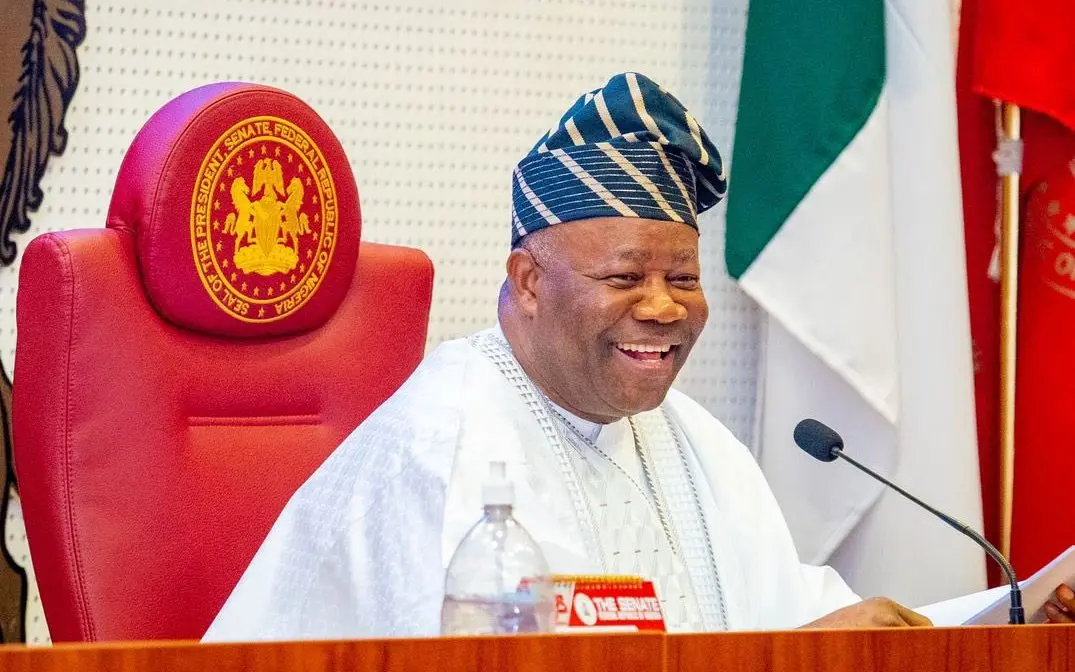
By Modupe Gbadeyanka
The Senate on Wednesday passed the bill to amend the Electoral Act of 2022 after delays, which almost pitched the institution against several Nigerians.
Last week, the upper chamber of the National Assembly headed by the Senate President, Mr Godswill Akpabio, set up a panel to look into the matter, with the directive to submit its report yesterday, Tuesday, February 3, 2026.
However, after the report was submitted yesterday, the red chamber of the parliament said it was going to take an action on it on Wednesday.
At the midweek plenary, the Senate eventually passed the Bill for an Act to Repeal the Electoral Act No. 13, 2022 and Enact the Electoral Act, 2025.
However, some critical clauses were rejected, including the proposed amendment to make is mandatory for the Independent National Electoral Commission (INEC) to transmission election results electronically from polling units to the INEC Result Viewing (IReV) portal.
The clause was to strengthen transparency and reduce electoral malpractice through technology-driven result management.
It also rejected a proposed amendment under Clause 47 that would have allowed voters to present electronically-generated voter identification, including a downloadable voter card with a unique QR code, as a valid means of accreditation.
The Senate voted to retain the existing 2022 provisions requiring voters to present their Permanent Voter’s Card (PVC) for accreditation at polling units, and upheld the provision mandating the use of the Bimodal Voter Accreditation System (BVAS) or any other technological device prescribed by the electoral umpire for voter verification and authentication, rather than allowing alternative digital identification methods as proposed in the new bill.
The Senate also reduced the notice of election from 360 days to 180 days, with the timeline for publishing list of candidates by INEC dropped from 150 days to 60 days.
General
Amupitan Says 2027 Elections Timetable Ready Despite Electoral Act Delay

By Adedapo Adesanya
The Independent National Electoral Commission (INEC) has completed its timetable and schedule of activities for the 2027 general election, despite pending amendments to the Electoral Act by the National Assembly.
INEC Chairman, Mr Joash Amupitan, disclosed this on Wednesday in Abuja during a consultative meeting with civil society organisations.
Mr Amupitan said the commission had already submitted its recommendations and proposed changes to lawmakers, noting that aspects of the election calendar might still be adjusted depending on when the amended Electoral Act is passed.
He, however, stressed that the electoral umpire must continue preparations using the existing legal framework pending the conclusion of the legislative process and presidential assent to the revised law.
According to him, the commission cannot delay critical preparatory activities given the scale and complexity involved in conducting nationwide elections.
The development highlights INEC’s commitment to early planning for the 2027 polls, even as stakeholders await legislative clarity that could shape parts of the electoral process.
Yesterday, the Senate again failed to conclude deliberations on the proposed amendment to the Electoral Act after several hours in a closed-door executive session. The closed session lasted about five hours.
Lawmakers dissolved into the executive session shortly after plenary commenced, to consider the report of an ad hoc committee set up to harmonise senators’ inputs on the Electoral Act Amendment Bill.
When plenary resumed, the Senate President, Mr Godswill Akpabio, did not disclose details of the discussions on the bill.
Despite repeated executive sessions, the upper chamber has yet to pass the bill, marking the third unsuccessful attempt in two weeks.
The Senate, however, said it will not rush the bill, citing the volume of post-election litigation after the 2023 polls and the need for careful legislative scrutiny.
Last week, the red chamber of the federal parliament constituted a seven-member ad hoc committee after an earlier three-hour executive session to further scrutinise the proposed amendments.
-

 Feature/OPED6 years ago
Feature/OPED6 years agoDavos was Different this year
-
Travel/Tourism9 years ago
Lagos Seals Western Lodge Hotel In Ikorodu
-

 Showbiz3 years ago
Showbiz3 years agoEstranged Lover Releases Videos of Empress Njamah Bathing
-

 Banking8 years ago
Banking8 years agoSort Codes of GTBank Branches in Nigeria
-

 Economy3 years ago
Economy3 years agoSubsidy Removal: CNG at N130 Per Litre Cheaper Than Petrol—IPMAN
-

 Banking3 years ago
Banking3 years agoSort Codes of UBA Branches in Nigeria
-

 Banking3 years ago
Banking3 years agoFirst Bank Announces Planned Downtime
-

 Sports3 years ago
Sports3 years agoHighest Paid Nigerian Footballer – How Much Do Nigerian Footballers Earn




